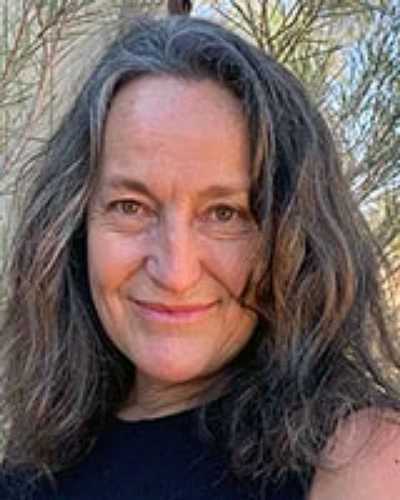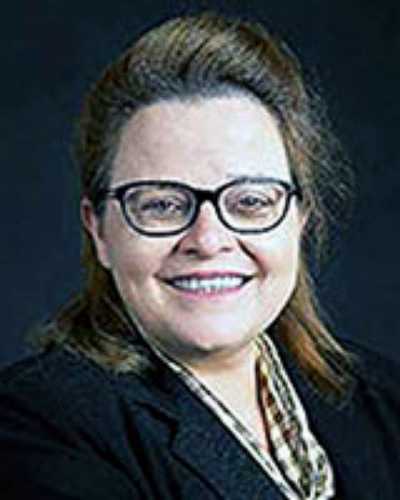early abstract:
Introduction: Health services collect patient experience data to monitor, evaluate and improve services and subsequently health outcomes. Obtaining authentic patient experience information to inform improvements relies on the quality of data collection processes and their responsiveness to the cultural and linguistic needs of diverse populations. This study explores the challenges and considerations in collecting authentic patient experience information through survey methods with Australians who primarily speak First Nations languages.
Methods: First Nations language experts, interpreters, health staff and researchers with expertise in intercultural communication engaged in an iterative process of critical review of two survey tools using qualitative methods. These included a collaborative process of repeated translation and back translation of survey items and collaborative analysis of videorecorded trial administration of surveys with languages experts (who were also receiving dialysis treatment) and survey administrators. All research activities were audio or video recorded and data from all sources were translated, transcribed and inductively analysed to identify key elements influencing acceptability and relevance of both survey process and items as well as translatability.
Results: Serious challenges in achieving equivalence of meaning between English and translated versions of survey items were pervasive. Translatability of original survey items was extensively compromised by the use of metaphors specific to the cultural context within which surveys were developed, English words that are familiar but used with different meaning, English terms with no equivalent in First Nations languages and grammatical discordance between languages. Discordance between survey methods and First Nations cultural protocols and preferences for seeking and sharing information was also important: the lack of opportunity to share the ‘full story’, discomfort with direct questions and communication protocols that preclude negative or critical responses, constrained the authenticity of the information obtained though survey methods. These limitations have serious implications for the quality of information collected and result in frustration and distress for those engaging with the survey.
Conclusion: Profound implications for the acceptability of a survey tool as well as data quality arise from differences between First Nations’ cultural and communication contexts and the cultural context within which survey methods have evolved. When data collection processes are not linguistically and culturally congruent there is a risk that patient experience data is inaccurate, misses what is important to First Nations patients and has limited utility for informing relevant health care improvement. Engagement of First Nations cultural and language experts is essential in all stages of development, implementation and evaluation of culturally safe and effective approaches to support speakers of First Nations languages to share their experiences of health care and influence change.




